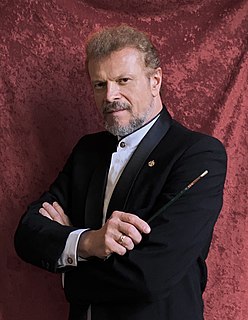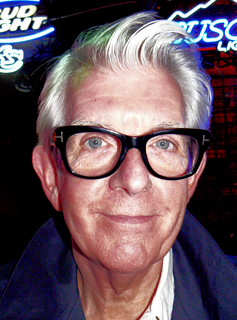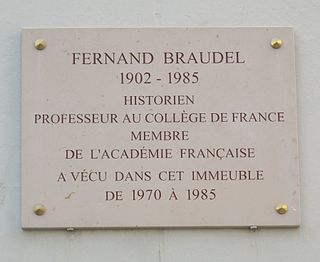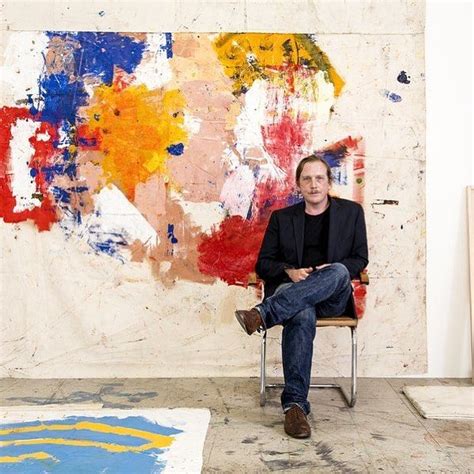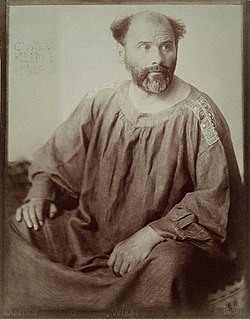A Quote by Werner Herzog
You are confronted with abysses of time that are, in a way, unfathomable. You see a painting in charcoal of raindeer and it was left unfinished and somebody else finished it. But through radio carbon dating we know that the next one completed the painting 5,000 years later. You're just blown away by the notion of passage of time. We have no relationship to that kind of depth of time.
Related Quotes
The problem here is that a civilization that is 1,000 light years away doesn't know we exist. They don't know that we have radio telescopes here on Earth because they see Earth as it was 1,000 years ago. Nothing can travel faster than light, so however good their instruments they can't see in affect the future. So there is no particular reason they should be sending us messages at this time.
I am sure it has been done with less, but you should be prepared to write and throw away a million words of finished material. By finished, I mean completed, done, ready to submit, and written as well as you know how at the time you wrote it. You may be ashamed of it later, but that's another story.
You're like a witness. You're the one who goes to the museum and looks at the paintings. I mean the paintings are there and you're in the museum too, near and far away at the same time. I'm a painting. Rocamadour is a painting. Etienne is a painting, this room is a painting. You think that you're in the room but you're not. You're looking at the room, you're not in the room.
A lot of young painters love to incorporate celebrity. One idea of being a painter is to use what's happening at the time. Velázquez was painting of his time. And so was Rembrandt. And Francis Bacon was painting his time in London. He was a real mover, but he saw the insect in the rose. But yes, when I do a painting, I want to take the "I did this" out of it. That's why I started using chance, like the markings on the wood. I never wanted to compose.
My latest theory is that it's - well, I describe it as, like, being in an apartment with kind of thin walls. And in the apartment next door, they've got a radio tuned constantly on - tuned to a really cool radio station. It's on all the time. And you can just hear it coming through the wall all the time.
For the historian everything begins and ends with time, a mathematical, godlike
time, a notion easily mocked, time external to men, 'exogenous,' as economists
would say, pushing men, forcing them, and painting their own individual times
the same color: it is, indeed, the imperious time of the world.
You have bits of canvas that are unpainted and you have these thick stretcher bars. So you see that a painting is an object; that it's not a window into something - you're not looking at a landscape, you're not looking at a portrait, but you're looking at a painting. It's basically: A painting is a painting is a painting. And it's what Frank Stella said famously: What you see is what you see.






